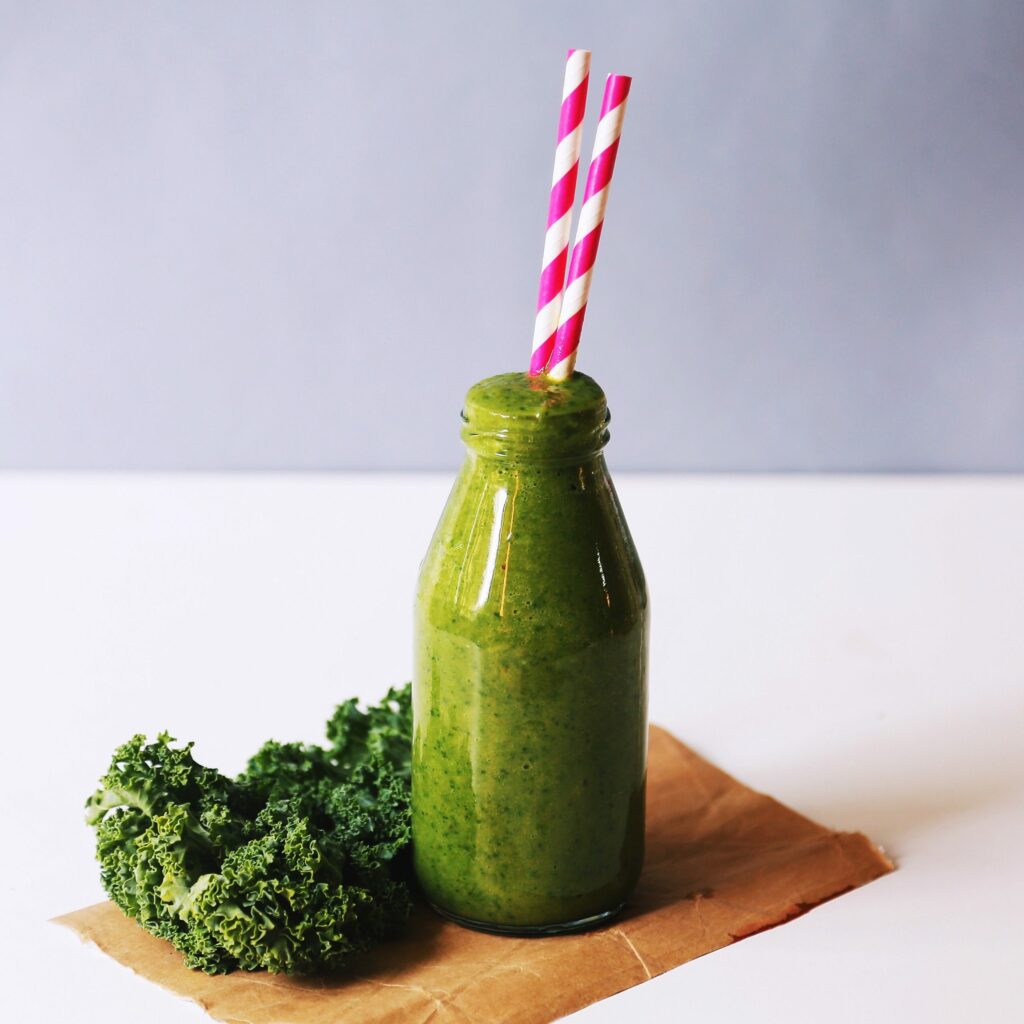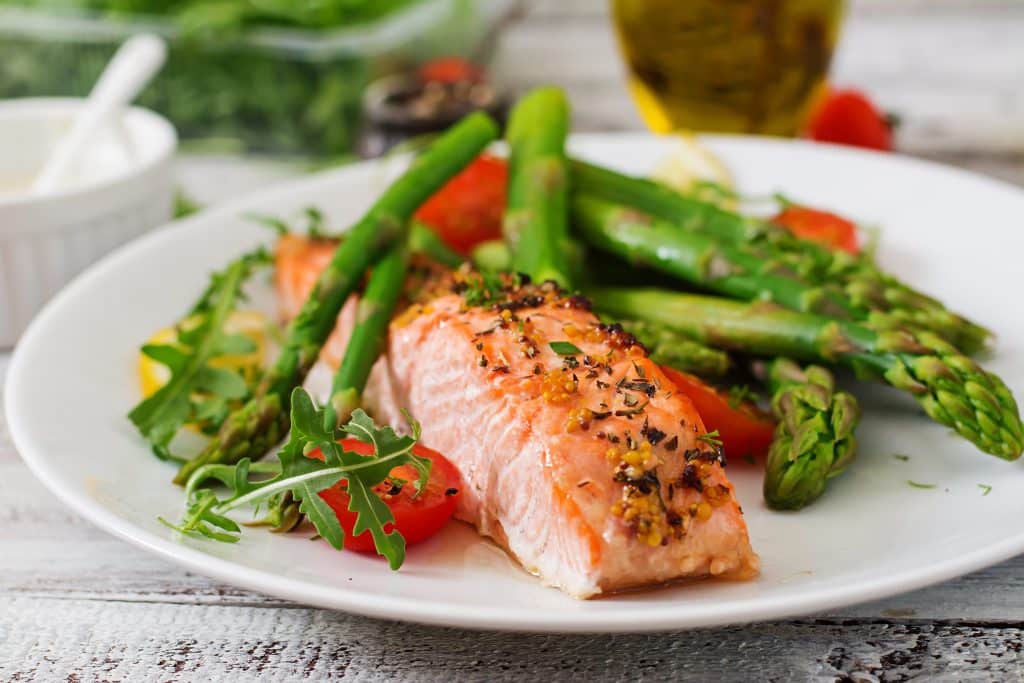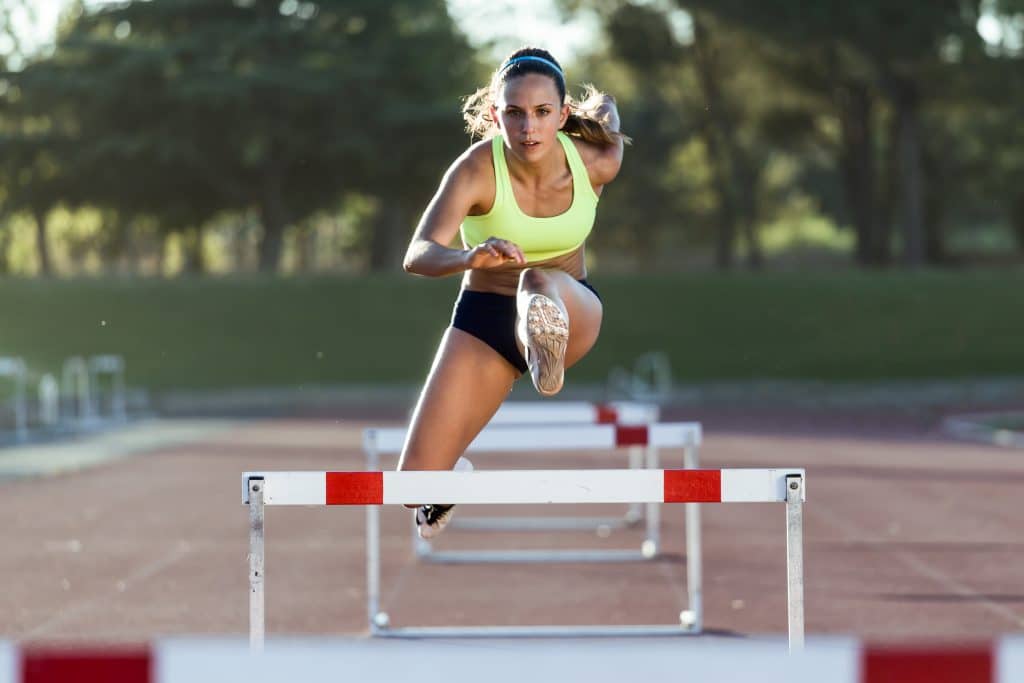How Many Calories Should a Female Athlete Eat?
Jan 08, 2024
There are a lot of misconceptions about how many calories female athletes should eat. Some people think that they need to consume a lot of food to be successful, while others believe that they should restrict their calorie intake as much as possible. The truth is that there is no one answer to this question. Every woman is different, and her caloric needs will vary depending on her activity level, weight, and muscle mass. In this blog post, we will discuss the different factors that play into how many calories a female athlete should eat, and provide some tips for finding the right balance for your individual needs so you may create the perfect female athlete meal plan.

Calorie Intake Makes a Difference
According to experts, females need between 2,000-2400 a day. Although this number could also vary, jumping up to 3,000 calories a day. The number has a drastic change for professional female athletes ranging from 3,500-5,000 to maintain their muscle consistently on and off-season.
Most female athletes need to be cautious of their calorie intake because they are more likely to develop an eating disorder such as anorexia nervosa or bulimia nervosa. Dietitians and nutritionists always recommend learning your BMR (Basal Metabolic Rate) to understand how many calories you burn at rest.
There are a lot of variables that come into play when trying to determine how many calories a female athlete should consume daily. Her activity level, weight, and muscle mass will all play a role in how many calories she needs to support her athletic endeavors. You can sign up with the Performance Lab of California today to get a personalized training plan you can combine with your eating habits to start conditioning for your sporting season.
The Adolescent Female Athletes’ Intake
It’s vital to encourage adequate calorie consumption during times of heavy training. For incite, low-energy availability in female adolescent athletes can lead to short stature, increased injury, delayed puberty, and menstrual irregularities. Consuming adequate protein is critical for proper growth, development of normal physiological function & metabolic and cardiovascular issues during adolescence leading into adulthood.
This applies to female track runners, soccer players, tennis players, and females in other sports.
Young athletes are still growing, their food intake needs to include enough calories to fuel their activity level and to support growth and development.
Effect of Calories on Body Weight

Athletes must be sure they are not losing too much too fast. This can put them at risk for insufficient energy stores, injury, disordered eating habits, and more. All of which can impair performance and jeopardize it.
The pressure to lose weight in sports where there’s a focus on weight such as wrestling, swimming, dance, or gymnastics is very prominent. You can always call The Performance Lab of California at (818) 578-5013 to discuss our sport-specific training. Get medical help if you and your coach think you need to lose weight, so a professional can recommend healthy ways to change your weight.
Calories: A Dive Into Nutrition
The basics such as eating breakfast, lunch, and dinner with small snacks in between meals will help improve your health and sports performance. Don’t skip meals and make sure your plate is full of colorful fruits and vegetables.
Low-fat milk is a super beverage since it contains high-quality protein to help repair and rebuild muscles after strenuous exercise. Additionally, helps athletes refuel after a workout! Consuming good old-fashioned chocolate milk on the go can be a great way to increase calories while meeting additional protein intake demands. However, chocolate milk offers electrolytes and 8 grams of high-quality protein per cup, and it replenishes glycogen stores and rehydrates.
Good sources of protein are fish, lean meats and poultry, eggs, dairy, nuts, soy, and peanut butter.
More Calories Are Not Always Better
You can find out how much protein some of your favorite sources provide, check out this list from the Academy of Nutrition and Dietetics. Caloric intake depends upon several factors, including gender, body type and size, activities performed, and performance goals.
Muscle growth comes from consistent training and hard work. Keeping at pace with the basics such as eating breakfast, lunch, and dinner with small snacks in between meals will help improve your health and sport performance.
Dietary protein is an essential macronutrient that helps build an athlete’s muscle, repair tissue, and create enzymes and hormones. Protein is found in animal foods such as meat, poultry, fish, eggs, and dairy products, as well as in some plant foods such as beans, lentils, tofu, and nuts.

Results Will Vary By Athlete
Athletes often have different caloric and macronutrient needs than sedentary people or those who are trying to lose weight. If you’re an athlete, you may need more calories and protein to support your training. Depending on your sport, you may also need more carbohydrates for energy. Some athletes need extra calories to fuel their activities and to encourage muscles and bones to continue strengthening.

Frequently Asked Questions
What is the healthiest diet for a female athlete?
There is no one-size-fits-all answer to this question, as the best diet for a female athlete will vary depending on her individual needs and goals. However, in general, a healthy diet for a female athlete should include plenty of fresh fruits and vegetables, lean protein, whole grains, and healthy fats.
What’s a good calories intake for women?
Again, there is no simple answer to this question. The number of calories for women athletes per day will vary depending on her age, weight, height, activity level, and other factors. However, as a general guideline, most female athletes need between 2,000 and up to 3500. As for professional female athletes they can range from 3500 to 5000.
Are 1200 calories enough for a female athlete?
This depends on the individual athlete’s calorie needs. Some athletes may need more than 1200 calories per day to fuel their training, while others may be able to get by on fewer calories. If you are an athlete and are trying to lose weight, it is important to work with a Registered Dietitian to determine how many calories you need to function correctly and for your goal.
Should my caloric intake be based on my BMR (basal metabolic rate)?
It depends but your BMR (basal metabolic rate) is the number of calories your body burns at rest. To calculate your BMR, you can use this online calculator. Your BMR accounts for 60-70% of the calories you burn in a day, so it’s a good starting point when determining how many calories you need to eat.
Why should I sign up with Performance Lab of California?
Performance Lab of California is the premier provider of performance training for female athletes. We offer a variety of services to help you reach your goals such as one-on-one coaching, and group training classes. Our team of experts will work with you to create a plan that fits your unique needs and helps you achieve yours.
Stay connected with news and updates!
Join our mailing list to receive the latest news and updates from our team.
Don't worry, your information will not be shared.
We hate SPAM. We will never sell your information, for any reason.

